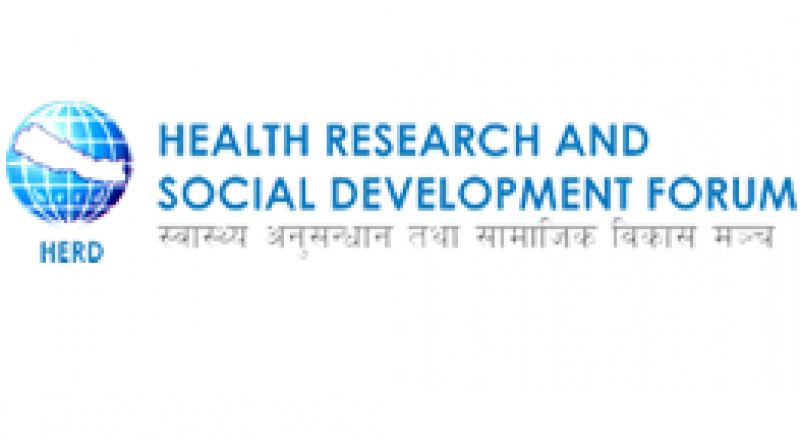September 18 is celebrated as National Family Planning Day in Nepal – marking the foundation day of Family Planning Association of Nepal. Family Planning has been a priority component of Ministry of Health and Population (MoHP) reflected through national policies, plans and programmes.
Family Planning Advances in Nepal
Family planning in Nepal was introduced in the late 1950s and since then, family planning components have been included in the national programmes and national periodic plans. WHO has also acknowledged key policy advances in terms of family planning in Nepal – with national reproductive health strategy integrating elements of family planning, safe motherhood, and prevention and management of abortion complications and launching of National Family Health Programme.
Similarly, Ministry of Health and Population has come up with National Family Planning Costed Implementation Plan 2015-2021 to articulate national priorities for family planning and to provide guidance at national and district levels on evidence-based programming for family planning so as to achieve the expected results, as well as to identify the resources needed for implementation of the plan. To address the existing challenges and opportunities for scaling up rights-based FP in the country, the implementation plan focuses on the following five strategic areas – enabling environment, demand generation, service delivery, capacity building, research and innovation by:
- strengthening enabling environment for family planning
- increasing health care seeking behavior among population with high unmet need for modern contraception
- enhancing FP service delivery including commodities to respond to the needs of marginalised, rural residents, migrants, adolescents and other special groups
- strengthening capacity of service providers to expand FP service delivery network
- strengthening evidence base for effective programme implementation through research and innovations
Some of the FP related policies have also targeted towards addressing the needs of the marginalised population. Nepal Health Sector Programme Implementation Plan 2004-2009 aimed to eliminate disparities in utilisation of health care services across social groups, geographic regions and gender; outlines the systems for priority access for poor and vulnerable groups. Equity and Access Programme launched in 2006 targeted poor, marginalised, and socially-excluded groups to make free and informed choices, and access SRH information, sexuality education and high quality services, including family planning. Similarly, Remote Area Guidelines, 2010 outlined ways to get long-acting reversible contraceptives to people in remote areas.
Major Findings from Nepal Demographic and Health Survey 2011
Nepal Demographic and Health Survey 2011 highlight these issues of family planning in Nepal:
- One in two currently married women is using a method of contraception, with most women using a modern method (43 percent)
- The three most popular modern methods used by married women are female sterilisation (15 percent), injectables (9 percent), and male sterilization (8 percent).
- Use of modern methods has increased by 66 percent in the past 15 years. However, there has been little change in the last five years.
- The government sector remains the major provider of contraceptive methods, catering to more than two in three users (69 percent).
- Overall, 51 percent of contraceptive users discontinued using a method within 12 months of starting its use. Twenty-six percent of episodes of discontinuation occurred because the woman’s husband was away.
- Twenty-seven percent of currently married women have an unmet need for family planning services, with 10 percent having an unmet need for spacing and 17 percent having an unmet need for limiting.
HERD and Nepal Family Planning Project
Under the support from DFID and USAID, Ministry of Health and Population (MoHP), Family Health Division (FHD) is implementing Nepal Family Planning Project as pilot programme in few selected districts of Nepal. The overall objective of the Nepal FP project is to develop, test and inform evidence-based and locally appropriate interventions which will strengthen national FP programme for Nepal Health Sector Programme (NHSP) 3 reaching the unreached groups. HERD with technical support from Mott MacDonald is monitoring and evaluating the pilots. Apart from the pilot studies, HERD is also conducting Analytical Reviews of 4 major unreached population – migrants, Muslim, young and urban poor population.



Comments(0)
No comments found.